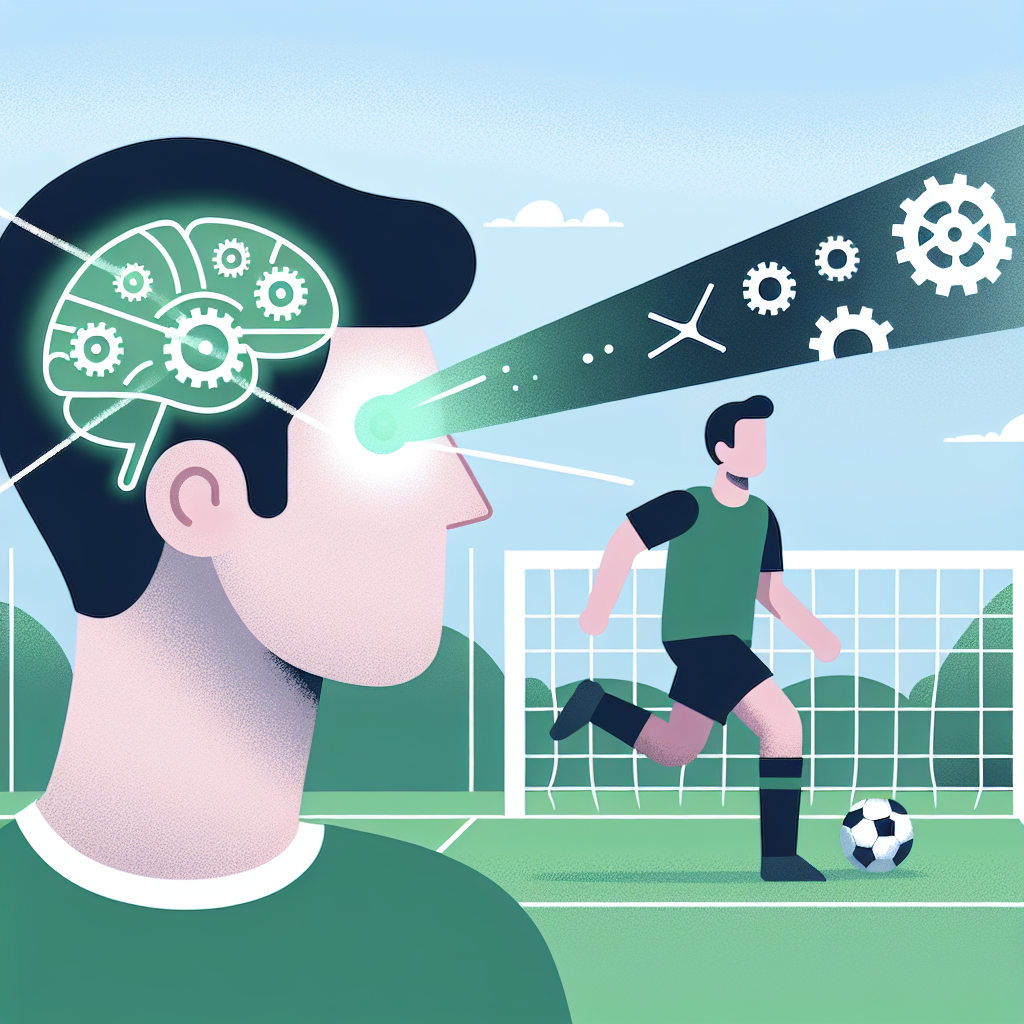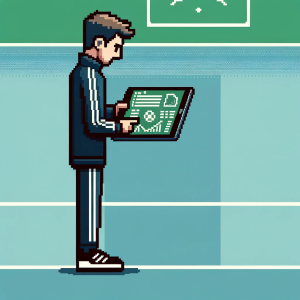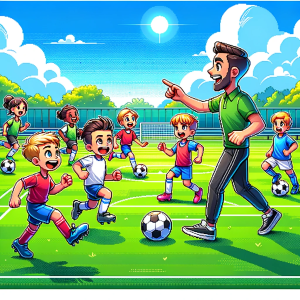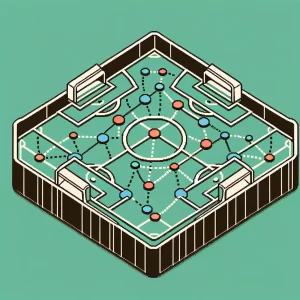
How Cognitive Science is Revolutionizing Soccer Training
In recent years, soccer has evolved into a sport where the mental prowess of players is as critical as their physical skills. Today, the best soccer players are not only athletic marvels but also cognitive athletes who make split-second decisions under tremendous pressure. This shift highlights the growing importance of cognitive science in training elite football players.
The Role of Cognitive Science in Soccer
Understanding the soccer player’s mind involves insights from cognitive psychology and neuroscience, fields that explore how humans process information, make decisions, and react to their environments. Researchers and coaches are increasingly interested in how the brain functions during a match and how cognitive training can enhance performance.
According to a recent report, there is a significant focus on decision-making abilities, situational awareness, and emotional regulation, all of which are pivotal in high-stakes games.
Decision-Making and Problem Solving
In soccer, players constantly solve problems on the field, navigating an ever-changing landscape of options amid intense pressure. Advanced analytics are unlocking secrets to how players make these decisions. By using video analysis and VR simulations, coaches now understand the choices players make and how they can improve their cognitive speed and accuracy.
A study covered in New Scientist suggests that rapid eye movements and vision training are effective ways to enhance cognitive performance. For instance, they can prepare players to anticipate opponents’ moves more swiftly, thus improving defensive strategies.
Memory and Pattern Recognition
Top footballers exhibit a remarkable ability to recognize patterns and recall strategies, a skill often compared to that of chess grandmasters. This skill helps them predict the flow of the game and react promptly. The capacity to remember complex playbooks and the positioning of their teammates in real-time is crucial. Cognitive training programs focusing on memory have been integrated into training regimes.
Emotional Regulation
Managing emotions on the pitch is essential, particularly during high-pressure matches. Players who maintain composure are more likely to stay focused, make fewer errors, and maintain a positive attitude. Techniques such as mindfulness, meditation, and resilience training are increasingly employed in professional leagues to aid emotional regulation.
The emotional and psychological resilience of soccer players is especially crucial during penalty shootouts or when trailing in the game. These moments test the player’s mental endurance and are a critical component of cognitive preparedness.
Technological Integration
Modern technologies, such as VR simulations and AI-driven analysis tools, are becoming commonplace in training camps. These technologies help simulate match conditions, providing players with opportunities to practice cognitive skills in a controlled environment, reducing cognitive load, and improving mental conditioning.
This approach is highlighted in recent developments shared by Science Daily, where immersive simulations play a key role in reproducing high-pressure scenarios safely off the field.
Conclusion
The integration of cognitive science into soccer training is transforming how the game is taught and played, offering new ways to sculpt superior athletes. By enhancing mental stamina, decision-making, and emotional control, cognitive science is reshaping football to emphasize brainpower alongside athletic ability. As this field develops, it promises to elevate the quality of the game, making mental training as important as physical conditioning in creating the soccer stars of the future.



